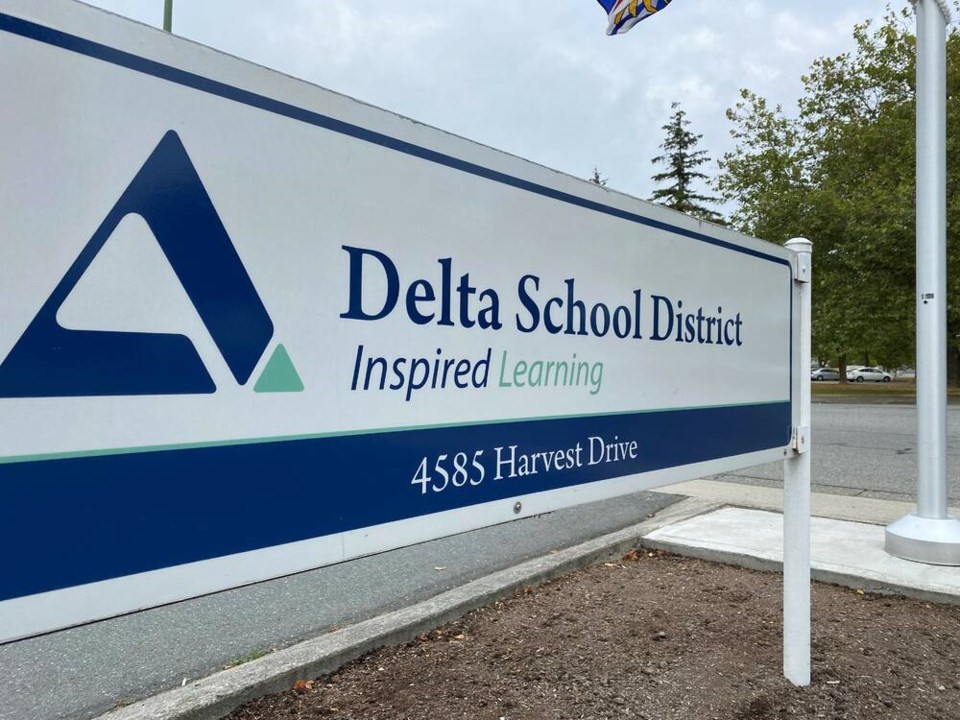The Delta School Board, at its Nov. 7 meeting, approved a new “whistleblower” policy for the district.
Secretary Treasurer Nicola Christ explained that districts are required to undertake steps, including implementing a policy, procedures and a disclosure form, as well as provide all employees with training, no later than Nov. 30. The legislation comes into effect for school districts Dec. 1.
School districts are also required to complete an annual report within six months at the end of a reporting period, beginning with the first report for the period of Dec. 1, 2023 to June 1, 2024, which is due by Dec. 31, 2024.
The Public Interest Disclosure Act (PIDA) came into effect on Dec. 1, 2019. Its intended purpose was to establish “whistleblower” protection for employees in the broader public sector.
“Its purpose is to provide a mechanism that allows current and former employees within the BC public service to raise serious or systemic issues of wrongdoing for investigation, without exposing those employees to any risk of retaliation,” according to a Policy Toolkit report for school districts by the BC Public School Employers’ Association (BCPSEA).
The first phase of PIDA applied only to ministries of the provincial government and to independent offices of the legislature. It did not apply to school districts.
It was to eventually expand to other sectors, but was delayed due to the COVID-19 pandemic.
The Ministry of Attorney General later advised the BCSPSEA that the provincial government committed to expanding the coverage of PIDA to school districts.
The Policy Toolkit notes that an employee can make a report to their supervisor or a Designated Officer at a school district. They are also permitted to make a report under the Act directly to the Office of the Ombudsperson of British Columbia.
Reports can be made anonymously, but the school district may not be obliged to investigate an anonymous report made under the Act unless the report provides sufficient detail to conduct a fair investigation.
The BCPSEA recommended that school districts develop a reporting form that will assist employees who wish to make a report and will elicit necessary detail to enable the report to be investigated.
The policy also “does not displace other mechanisms set out in School District Policy for addressing and enforcing standards of conduct, disputes, complaints, or grievances, including issues of discrimination, bullying and harassment, occupational health and safety, or disputes over employment matters or under collective agreements.”
As far as making a report available to the public or the media, the report notes that in the ordinary course, PIDA provides employees with the right to make a report to their employer or the Ombudsperson, but it does not authorize them to engage in public disclosures.
However, if an employee reasonably believes that “an imminent, substantial and specific danger” to people or the environment exists, then the Act does set out a process for making a public report or disclosure. However, such reports cannot be made unless or until the employee has first consulted with and followed the guidance of the appropriate protection officials, such the public health officer, if the matter is health related, or police involving other matters.


